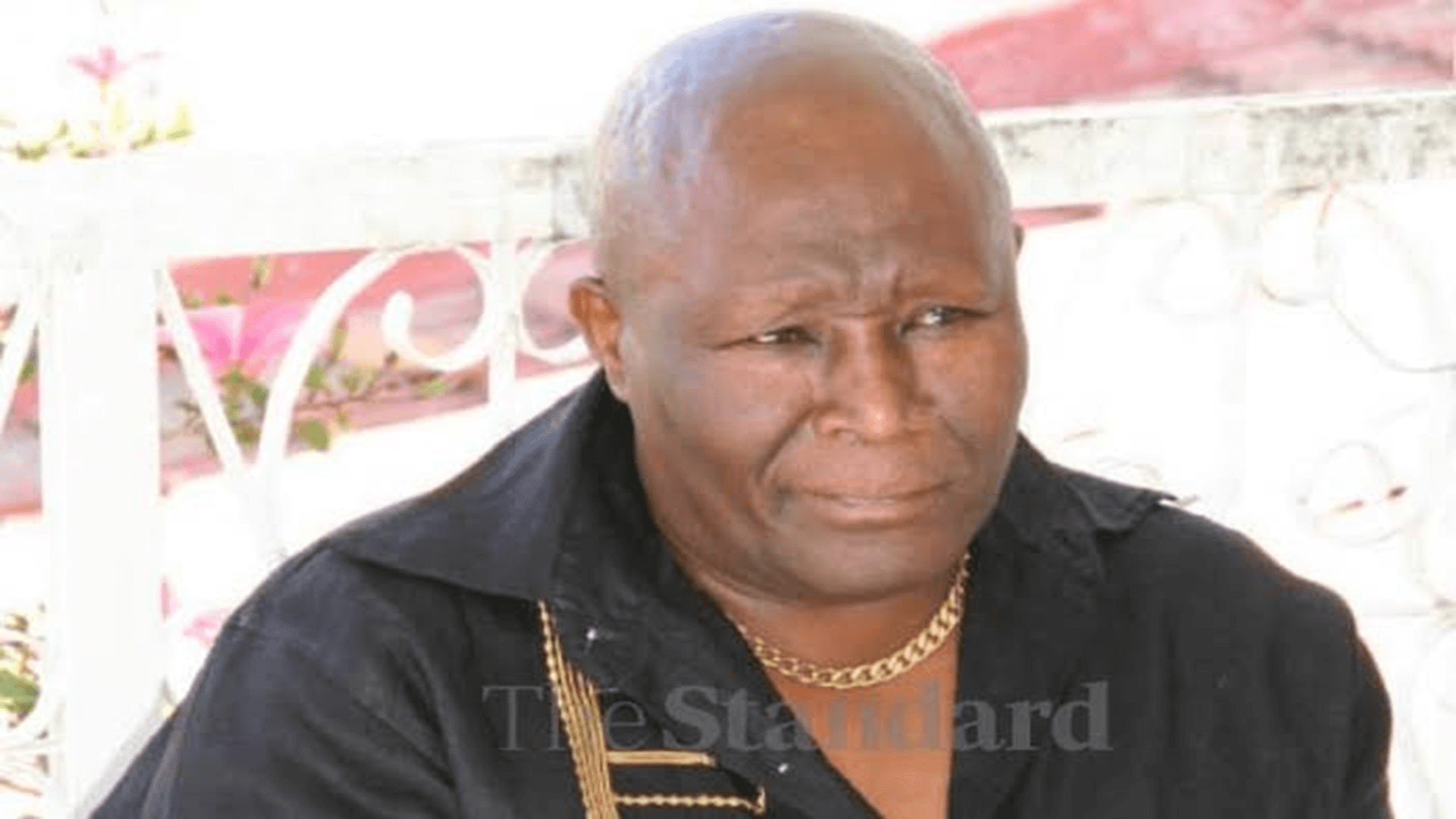Inheritance Battle Intensifies: Judge Refuses to Step Down in Fai Amario’s Sh760 Million Estate Dispute
In a dramatic turn of events in the ongoing legal saga over the Sh760 million estate of the late Naivasha tycoon Fai Amario, a Nakuru High Court judge has firmly declined to recuse himself from the case despite allegations of bias. The decision comes as part of a heated succession dispute involving a man claiming to be the biological son of the flamboyant businessman, who died in 2010, leaving behind a vast fortune and a complex family legacy.
Fai Amario, born Gilbert Njoroge, was a towering figure in Kenya’s alcohol industry, founding Fai Amarillo Ltd., one of the country’s pioneering indigenous alcohol distilleries. His empire, valued at Sh760 million, includes a winery in Naivasha worth Sh500 million, the Den Hotel valued at Sh94.75 million, two plots in Naivasha town worth Sh44 million, trading centers in Naivasha and Embu valued at Sh7.1 million, and undeveloped land estimated at Sh117.6 million. Amario’s portfolio also boasted popular liquor brands such as Amario’s Sherry, Pooler, Medusa, Uhuru 2000, Kata Pingu, Mahewa, and Cantata, distributed through depots in Meru, Murang’a, Thika, and Naivasha. Known for his lavish lifestyle, Amario’s death without a will has sparked a fierce legal battle among his heirs, including eight children, two wives, and an ex-girlfriend.
The latest chapter in this saga centers on Elvis Karee Amario, who claims to be a biological son of the tycoon. Karee has been fighting to be recognized as a beneficiary of the estate, asserting his rights through his mother, Peninah Shintah Amario, who he claims was married to Amario following a 1999 newspaper advertisement. Karee sought to have the judge overseeing the case step down, arguing that the judge had shown bias by making pronouncements on issues still under judicial consideration. Specifically, Karee pointed to the judge’s handling of an application to declare his mother a beneficiary of the estate, claiming it demonstrated a lack of impartiality.
The judge, however, rejected Karee’s recusal application, ruling that the claims of bias were baseless. This decision follows a previous ruling in August 2024 by Justice Samuel Muhochi, who dismissed Karee’s attempt to revoke the grant of letters of administration awarded to Amario’s children—Miki Ng’ang’a, Marsha Dee, and Sheena Eustone—ordering Karee to pay the costs of the suit. The court found inconsistencies in the documents Karee presented to prove his relationship with Amario, casting doubt on his claim to be a biological son or a dependent of the estate.
The estate’s distribution has already seen significant developments. In January 2024, the court allocated Sh56 million among ten beneficiaries, including Amario’s children Marsha Dee, Miki Ng’ang’a, Bernice Njeri, Debbie Jolly, James Kimani, Sheena Euston, Yuri Gilbert, Sheila Wangari, a minor, and Salome Wanjiku, the tycoon’s ex-girlfriend, who received 5% of the Sh56 million. Marsha Dee, a co-administrator of the estate, had opposed Wanjiku’s inclusion, arguing that her relationship with Amario was not legally recognized as a marriage. Dee also contested the inclusion of Sheila Wangari, claiming her mother had remarried and that she was not Amario’s biological daughter. Justice Muhochi, however, overruled these objections, citing dysfunction in the estate’s administration.
The absence of a will has been a recurring theme in the Amario estate dispute, a point echoed by Nakuru-based lawyer Steve Kabita. He noted that many wealthy Kenyans, including Amario, fail to draft clear succession plans, leading to protracted court battles among heirs. Amario’s case is emblematic of this trend, with his eight children, two wives, and other claimants locked in a bitter struggle over his fortune, which spans properties in Nakuru, Naivasha, Kiambu, and Embu counties.
Karee’s latest legal setback has not deterred him. After obtaining a grant, he returned to the High Court to push for his mother’s inclusion as a beneficiary, only to face another hurdle with the judge’s refusal to recuse himself. The case has also drawn attention to broader issues in the estate’s management, with previous disputes including a 2021 court order directing Miki Ng’ang’a to pay his sister Marsha Dee Sh134,000 monthly for upkeep after she claimed he had stopped supporting her.
As the legal battle continues, the Amario estate remains a focal point of contention, with family members and claimants vying for control of the tycoon’s legacy. The court’s refusal to entertain recusal adds another layer of complexity to a case already fraught with allegations of favoritism and mismanagement. For now, the heirs and their legal teams are bracing for further proceedings, as the fight for Fai Amario’s millions shows no signs of abating.


